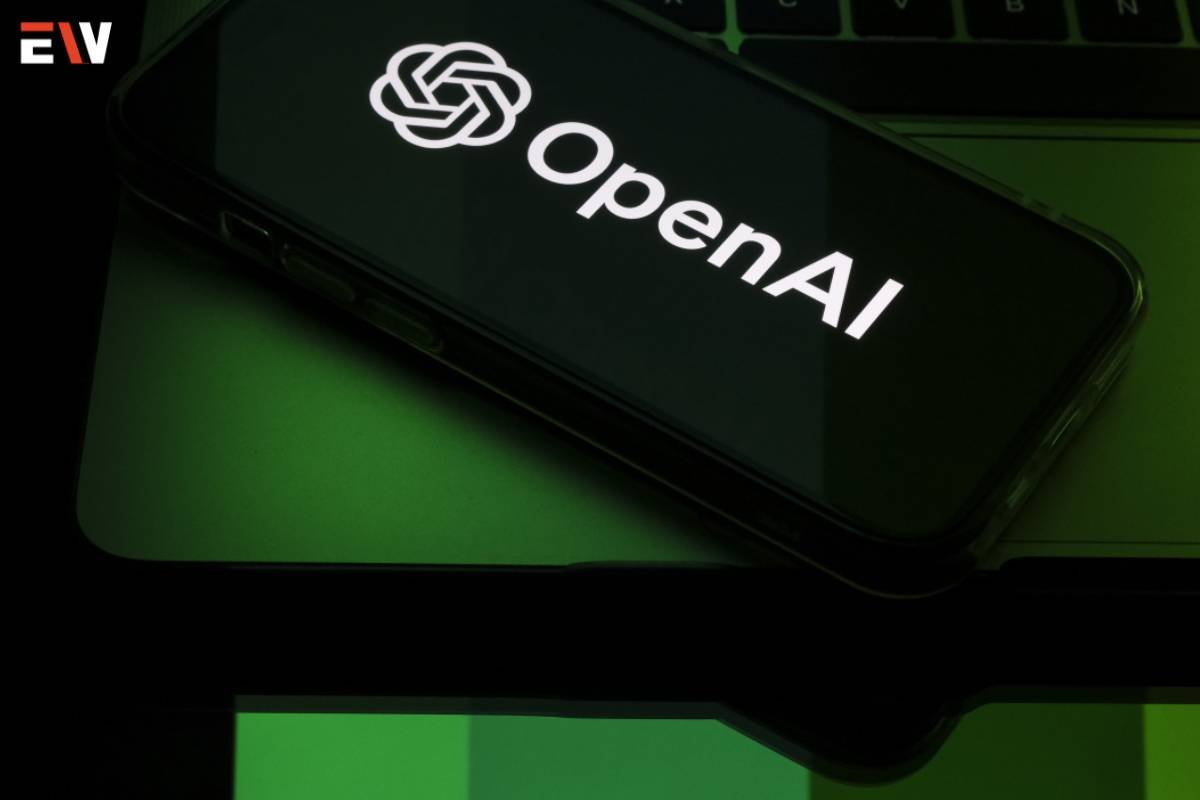Source – Mashable
OpenAI’s Meteoric Rise and Valuation
OpenAI hailed as the leading startup in the world and a pioneer in generative AI, has achieved unprecedented success, setting the stage for the AI explosion with the launch of ChatGPT in November 2022. The company’s valuation has soared to an estimated $86 billion, fueled in part by Microsoft’s multiyear, multibillion-dollar investment, giving the tech giant a substantial 49% stake in OpenAI’s for-profit subsidiary.
Legal Troubles Mounting
However, OpenAI’s success has not shielded it from legal challenges. Co-founder Elon Musk, last week, filed a lawsuit against the company, alleging a breach of contract. Musk contends that OpenAI violated its founding agreement by using its technology for the benefit of its for-profit arm rather than humanity. The Tesla CEO seeks to make all OpenAI technologies public and prevent any monetary gain for Microsoft, a major user of OpenAI’s models.
The New York Times has also initiated legal action against OpenAI and Microsoft, claiming the unauthorized use of its copyrighted material. The Times demands the destruction of content trained using its materials. Other media companies, including The Intercept, Raw Story, and AlterNet, are suing OpenAI, asserting the unauthorized use of their data for training models.
Regulatory Scrutiny on Multiple Fronts
OpenAI is not only facing legal battles but also regulatory scrutiny both in the US and abroad. The Securities and Exchange Commission (SEC) is investigating whether OpenAI misled investors, particularly following the firing and subsequent rehiring of CEO Sam Altman. The Federal Trade Commission (FTC) is examining OpenAI’s dealings with Microsoft, along with those of its rivals, focusing on the impact of major cloud providers investing heavily in generative AI companies.
Internationally, the UK’s Competition and Markets Authority and the European Commission are also evaluating the OpenAI-Microsoft deal, considering its implications for competition in the market.
Intensifying Competition
Amidst these challenges, OpenAI faces growing competition. Anthropic has unveiled its Claude 3 family of large language models, positioning itself as a contender against OpenAI’s GPT offerings. Google is also entering the arena with its Gemini family of models, aiming to rival OpenAI. Apple, under Tim Cook’s leadership, is investing heavily in generative AI, potentially introducing on-device capabilities that could divert attention from OpenAI’s offerings.
Despite these challenges, OpenAI’s immediate danger seems remote, given the lengthy nature of legal proceedings and its substantial financial backing from Microsoft. However, as the AI leader, OpenAI will undoubtedly encounter more hurdles in the evolving landscape of artificial intelligence.










